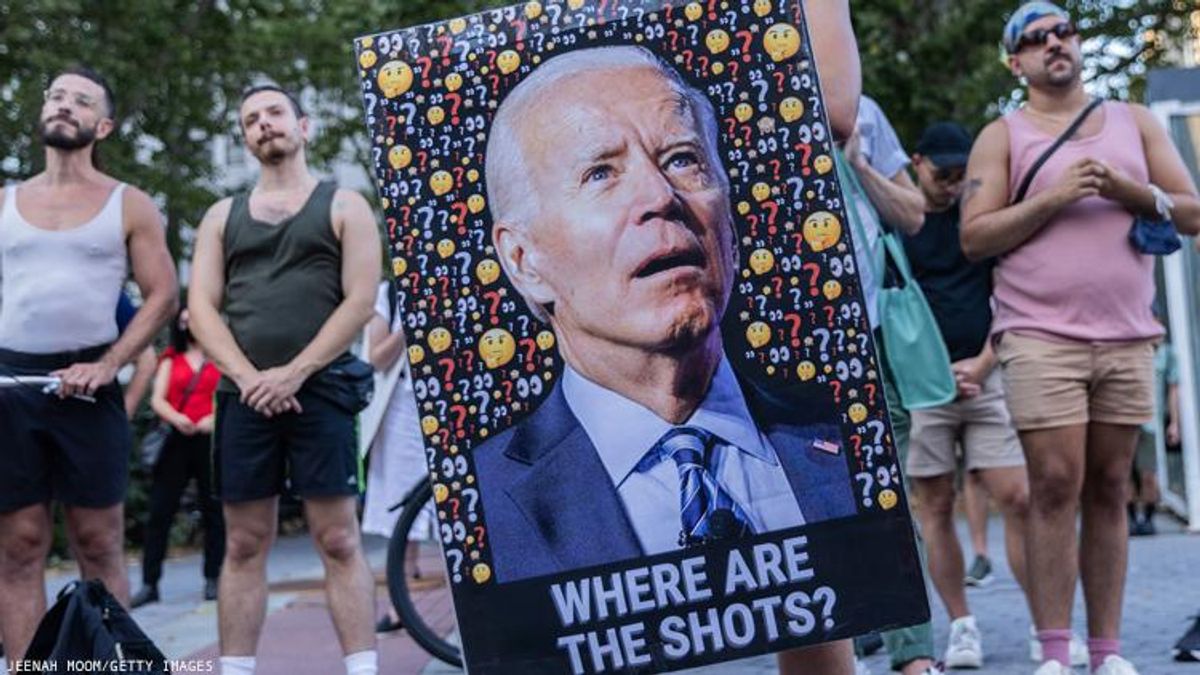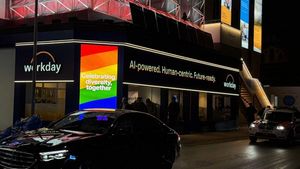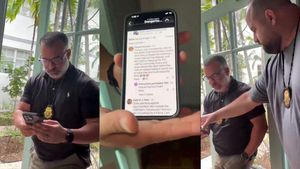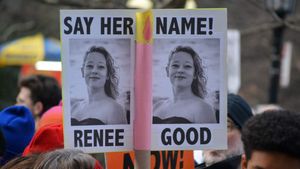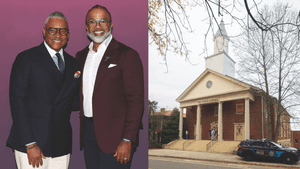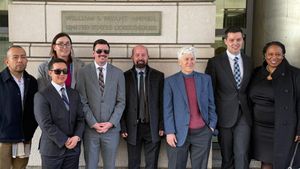(CNN) — Top Biden administration officials announced new steps Thursday to accelerate the U.S. response to the spread of monkeypox amid high demand for vaccines and treatments.
That includes boosting supply with an additional 1.8 million doses of the Jynneos monkeypox vaccine, accelerating the U.S. Department of Health and Human Services' vaccine distribution timeline. HHS is also launching a new program aimed at making vaccines available and engaging with at-risk communities at large events attracting LGBTQ+ communities. And the administration is pre-positioning doses of an antiviral treatment for individuals who test positive.
The details, compiled in a White House fact sheet, were shared first with CNN.
The announcements come as the latest data from the U.S. Centers for Disease Control and Prevention says that more than 13,500 monkeypox cases have been reported in the United States, with more than 39,000 cases reported worldwide as of Wednesday evening. There have been zero deaths in the U.S. Most monkeypox cases in the current outbreak have been linked to sexual activity. According to CDC guidance, "monkeypox can spread to anyone" through close contact, which is often skin-to-skin, as well as intimate contact that includes sex, hugging, massaging and kissing. Men who have sex with men are at high risk of contracting the virus.
In a briefing Thursday morning alongside HHS Secretary Xavier Becerra and CDC director Dr. Rochelle Walensky, White House monkeypox response coordinator Bob Fenton announced, "We have accelerated phase four of our national vaccine strategy. Starting Monday, an additional 1.8 million doses of vaccine will be available to jurisdictions for ordering." That accelerated allocation phase will give states and jurisdictions more visibility into how much of the vaccine to expect as they make plans to distribute it.
The Biden administration is also providing more resources to local jurisdictions to help transition to the new type of injection to stretch out vaccine supply. The administration is encouraging states to provide the Jynneos vaccine intradermally — or between the layers of the skin — rather than subcutaneously, or under the skin, which would allow providers to stretch out the supply in one standard-dose vial. Los Angeles County in California and Fulton County in Georgia have both switched completely over to the intradermal vaccine, a White House official told CNN, as the administration is "providing technical assistance, support and resources to jurisdictions in the process of adopting and expanding intradermal administration."
The officials also unveiled a new program aimed at reaching the populations at highest risk — men who have sex with men — who have made up a majority of the confirmed cases so far.
"HHS is launching a pilot program that will provide up to 50,000 doses from the national stockpile to be made available for pride and other events that will have high attendance of gay and bisexual men," Fenton said Thursday, calling it an "important" and "innovative" way to bolster local efforts to mitigate spread.
One of the upcoming events is the Charlotte Pride Festival and Parade this weekend in North Carolina. Officials acknowledge that this effort will not prevent spread around these events since the vaccine does not provide full immunity until two weeks after the second dose. But it is an effort to raise awareness and meet people where they are.
The CDC is also "offering assistance and support to jurisdictions to prepare for these large events, including helping develop vaccine and testing strategies to be stood up in and around these events, developing tools for information-gathering from event participants, and providing messaging and communications resources on vaccines, testing, and strategies to reduce one's risk of contracting the virus," the White House fact sheet said.
And officials outlined new efforts to make the treatment for monkeypox, Tpoxx, easier to access.
"Next week, HHS will be pre-positioning 50,000 courses of Tpoxx across the country. That's nearly five times as many treatment courses than confirmed cases in the US. These courses will be made available to jurisdictions where the outbreak is most severe so that individuals can get treatment more quickly from their healthcare providers," Fenton said.
The allocation will rely on a formula based 75 percent on the number of cases in a jurisdiction and 25 percent on the number of individuals at risk.
This story has been updated with additional reaction.
The-CNN-Wire
™ & © 2022 Cable News Network, Inc., a WarnerMedia Company. All rights reserved.
